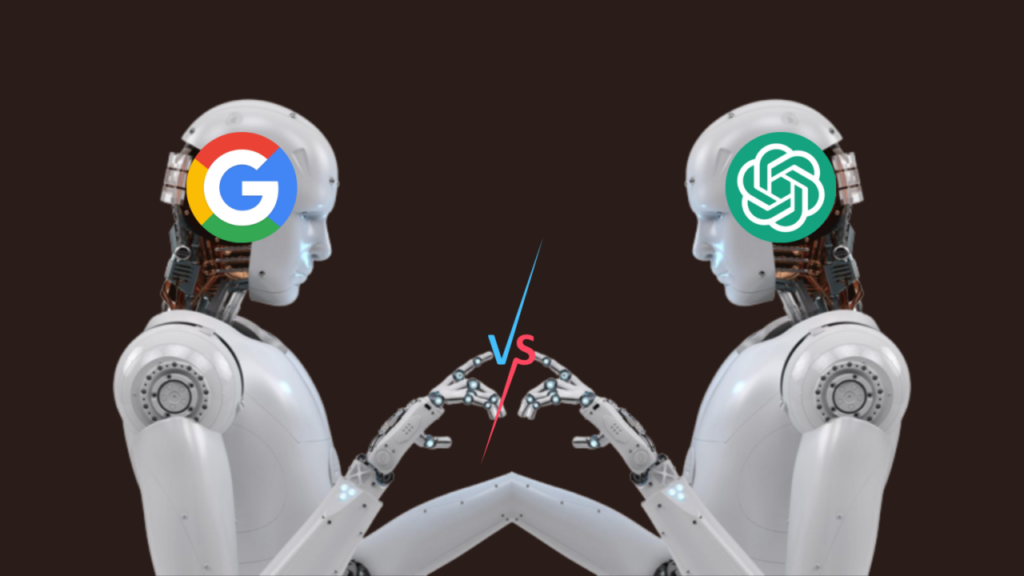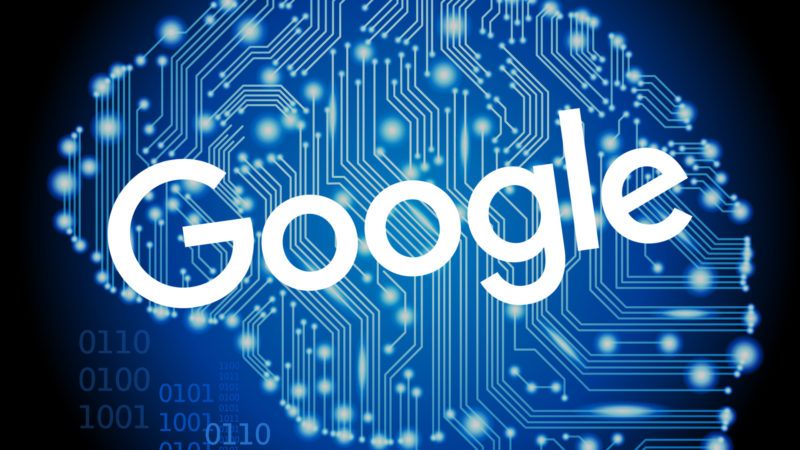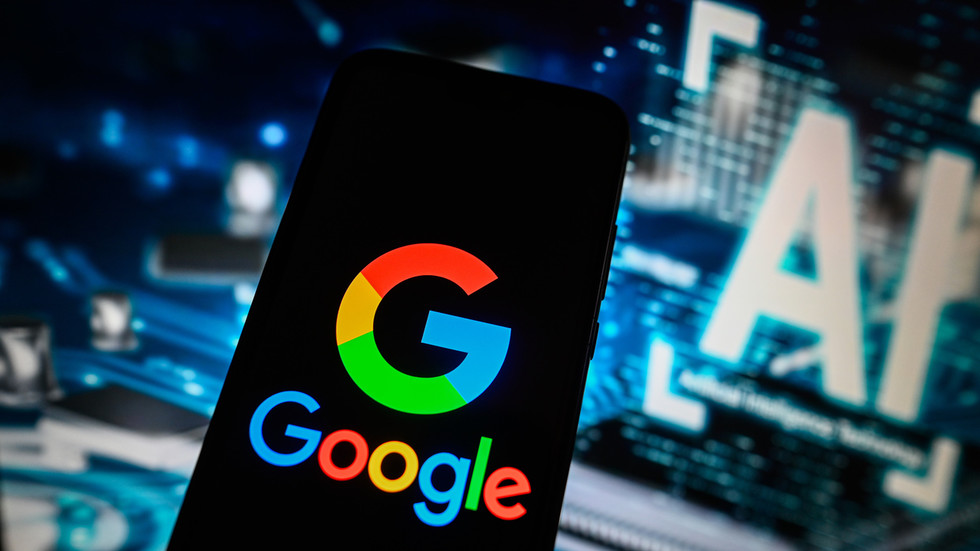The AI Betrayal: Google’s Moral U-Turn
Google always wanted to be different. More than just another tech behemoth, it was a company that prided itself on its ethics. “Don’t be evil” wasn’t just a corporate tagline—it was the heart of the brand. But times change, and so do priorities. Now, Google’s parent company, Alphabet, has quietly erased one of its biggest ethical commitments: the promise never to develop AI for weapons.
This shift isn’t just some minor policy adjustment—it’s a full-blown ideological reversal. It signals something much larger: the inevitable collision between Silicon Valley’s utopian ideals and the cold, hard reality of trillion-dollar defense contracts. So, what happened? Why now? And what does it mean for the future of AI-driven warfare? Let’s break it down.

The Money Trail: AI and the Business of War
If you want to understand why Google made this move, follow the money. The military’s appetite for AI has skyrocketed, and Big Tech wants its share.
AI in Military Spending: The Numbers
| Year | Global AI Military Spending (Billion USD) | % Growth from Previous Year |
|---|---|---|
| 2020 | $6.1B | – |
| 2021 | $7.3B | 19.7% |
| 2022 | $9.1B | 24.7% |
| 2023 | $11.5B | 26.4% |
| 2024 | $14.8B | 28.7% |
| 2025 (Projected) | $19.2B | 29.7% |
- By 2025, global military AI spending is projected to hit nearly $20 billion.
- The U.S. leads the charge, pumping over $3.5 billion annually into AI-driven military tech.
- China, Russia, and other nations are racing to develop autonomous AI-driven warfare.
Google’s decision to abandon its ethical stance makes a lot more sense when you realize just how much money is on the table. But let’s rewind for a second—because just a few years ago, Google wanted nothing to do with AI-powered weapons.

From “AI for Good” to AI for War: What Changed?
Google’s 2018 Promise: No AI for Weapons
Back in 2018, Google was under fire. Project Maven, a controversial partnership with the Pentagon, aimed to use AI to analyze drone surveillance footage. Google employees weren’t having it.
- Over 3,000 employees signed a petition demanding the company drop its military work.
- Multiple AI engineers resigned in protest.
- Public backlash forced Google’s leadership to backpedal and announce that it would never develop AI for weapons again.
At the time, Google made it clear: AI should be used to “make the world a better place,” not to develop autonomous war machines. Fast forward to today, and that commitment has mysteriously vanished.
Why the Sudden Change? Follow the Competitors.
- Microsoft and Amazon won a massive $9 billion Pentagon cloud computing contract in 2022.
- Google felt left out—it wanted in on that defense money.
- By 2023, Google was already working with the Department of Defense again.
- Now, it’s official—Google is fully open to AI military applications.
Once idealistic, Google is now just another tech giant chasing defense dollars. So what does AI warfare actually look like?

What AI-Powered War Looks Like
AI in combat isn’t theoretical anymore—it’s happening. And Google is jumping into the arms race.
Common AI Military Applications
| AI Use Case | Potential Impact |
|---|---|
| Autonomous Drones | AI-controlled drones capable of selecting and eliminating targets without human oversight. |
| AI-Powered Surveillance | Real-time data analysis to identify threats using facial recognition and movement tracking. |
| Cyber Warfare | AI-driven hacking tools for disabling enemy networks and countering cyber threats. |
| Predictive Targeting | Algorithms analyzing data to determine strategic attack points. |
| AI-Assisted Decision Making | Military commanders using AI simulations to plan warfare strategies. |
Some argue that AI warfare could make combat more precise, reducing civilian casualties. Others fear we’re entering a terrifying new era where machines make kill decisions without human oversight.
The Dangers of AI-Driven War
- In 2020, an AI-powered drone was reported to have attacked a human target on its own.
- Fully autonomous AI weapons are no longer science fiction—they’re inevitable.
- If AI makes a mistake, who is responsible? The coder? The general? The machine itself?
The world is moving toward a future where AI doesn’t just assist in war—it decides who lives and who dies.

Will Google Employees Fight Back Again?
If history is any guide, Google’s workforce won’t be happy about this decision.
- In 2018, employee protests shut down Project Maven.
- 3,000+ employees signed a petition against AI military work.
- Some engineers even resigned in protest.
So the big question now: Will Google’s employees rebel again? Or has the company changed so much that internal pushback won’t matter?
The stakes are higher than ever. This isn’t just about Google—it’s about the role of private tech firms in shaping the future of global warfare.

What This Means for the Future
The AI arms race is here.
- The U.S. is accelerating AI military investments to keep up with China and Russia.
- Private tech firms are no longer just building search engines—they’re shaping the future of war.
- Ethical concerns are being ignored in favor of geopolitical dominance.
With Google officially crossing the line, it won’t be long before other tech giants follow.

Conclusion: The Death of “Don’t Be Evil”
Google built its empire on the idea that technology should be used for good. But in the end, money talks louder than ethics.
- AI-powered weapons are no longer hypothetical—they’re in development now.
- Google’s decision will normalize private companies profiting from AI warfare.
- The AI arms race has begun—and Google just took a major step forward.
So what happens next? Will AI make war more precise or more terrifying? Will governments regulate AI weapons before they spiral out of control? And perhaps most importantly—does anyone still believe in Big Tech’s moral promises?
One thing’s for sure: Google isn’t the same company it used to be.

What Do You Think?
Is AI warfare inevitable? Should Google have stuck to its ethical principles? Let’s talk about it.

